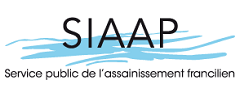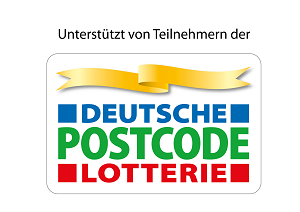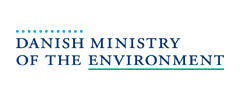Master Composting training in Belarus
Project “Developing multi-stakeholder cooperation in the areas of water, waste and energy efficiency in Belarus“ – MATRA program of the Dutch Ministry of Foreign Affairs
21.10.2008 |Bistra Mihaylova

A two day training on the 3rd
and 4th October, 2008 took place in the village of Ananichy (located at
a distance of 50 km from Minsk), Belarus. The training was organized by Ecoproject partnership together with Women in Europe for a Common Future.

The training sessions were attended by about 25 people from the village of Ananichy, plus project team members from Ecoproject Partnership and the trainer – Maria Ilieva. The trainees were local people, among them there were teachers, students and members of the village council. Most of the trainees were women, aged from 15 to 65.

The objectives of the training were the following:
- To teach project beneficiaries in the village of Ananichy, Belarus how to compost in their backyards and produce safe compost for their gardens;
- To share experience with home composting in Bulgaria;
- To motivate village people in Ananichy, Belarus to start composting in their backyards by elaborating on the benefits of home composting;
- To encourage village people to disseminate the practice among their neighbours, relatives and friends;
- To achieve an overall decrease in biodegradable waste disposal in Ananichy, Belarus.
During
the
first day, which was filled of presentations, it became obvious that most of the participants
were familiar with the concept of composting and some of them were even practising it, although they were not sure they were doing it in the right way
(most participants with experience in composting actually buried their waste in
the ground).

During the first day of the training the participants were introduced to the basic principles of composting, as well as to the benefits of home composting. The lecturer Maria Ilieva also presented her experience in home composting in Bulgaria under the project “Developing a model for sustainable water and waste management for rural areas in Bulgaria“. Another topic included in the session from October 3rd was the difference between aerobic and anaerobic composting and explanation what the benefits of aerobic composting are. The training session on the first day ended with a group exercise on choice of manually made composting bins. Most of the training participants expressed their opinion that home-made bins from wire net would be the easiest ones to make, as well as the cheapest ones. After the group exercise there was a short “question and answer” session to further clarify the principles of composting.

On the second day the participants were introduced to the possible methods to use compost in agriculture, how to keep a composting log-book, as well as some information of the specific needs of a number of crops. During the sessions on the second day it was discussed that the best way to implement home composting in a household would be to separate the duties in the family in the following way: the man in the house makes the home-made composting bin, the woman takes care of the composting pile and the child in the family records all information needed for the log-book.

After the theoretical sessions on use of compost, there was a practical exercise. During the practical exercise the participants assembled one pre-fabricated composting bin and also made three different types of composting bins. The three types of composting bins that were made were a bin from wire net, a wooden bin with separating parts and a bin from a useless old container. It was agreed that the home made bins, as well as the pre-fabricated bins will be used by the school and the village council.
After the practical exercise all participants gathered for a photo session with the bins. Then, all participants received certificates that they have successfully passed the training in home composting.

The training was followed by a brief meeting between project staff, Maria Ilieva, the school principal and the mayor of the village. During this meeting the possibilities for continuing with the home composting project were discussed, as well as the lessons learned from the training. The school principal offered to involve the students in the monitoring of the home composting process in the composting bins that will be left at the school.
Other recommendations, regarding the home composting programme in Belarus that were discussed were the following:
- to involve the agricultural university in Minsk in the project to do some research on composting (e.g. take samples when the compost is finished and analyze it for N, P, K, heavy metals, etc.);
- to provide support to village people interested in home composting in making their own composting bins (e.g. buying wire net or other materials for home-made composting bins);
- to involve students from the school or university students in monitoring the home composting process for those village people that will start composting in their gardens (filling in the composting log-book);
More information on the MATRA
project in Belarus and the latest news about the project can be found at Belarus - Citizens Involvement
Contact:
- Dr. Anke Stock:
anke.stock(at)wecf.eu
- Tatiana Dereviago:
tatiana.dereviago(at)wecf.eu
- Yulia Yablonskaya: yulia(at)ecoproject.org
- Margriet Samwel: margriet.samwel(at)wecf.eu
Related News
Meet the Winners of the Gender Just Climate Solutions Award at COP24
On the 70th anniversary of the Universal Declaration of Human Rights, we awarded Gender Just Climate Solutions Winners at the climate negotiations in Katowice, Poland
11.12.2018
Invitation: Gender Just Climate Solutions Award 2018
10 December, COP24 Katowice
04.12.2018
Getting to the Future We Want
4-7 November, Brussels: European Environmental Bureau’s (EEB) Annual Conference
12.11.2018
GoodFood4All
WECF and partners all over Europe start GoodFood4All Campaign
06.11.2018
#Ruralwomen: join our Women2030 campaign!
15.10.2018







































